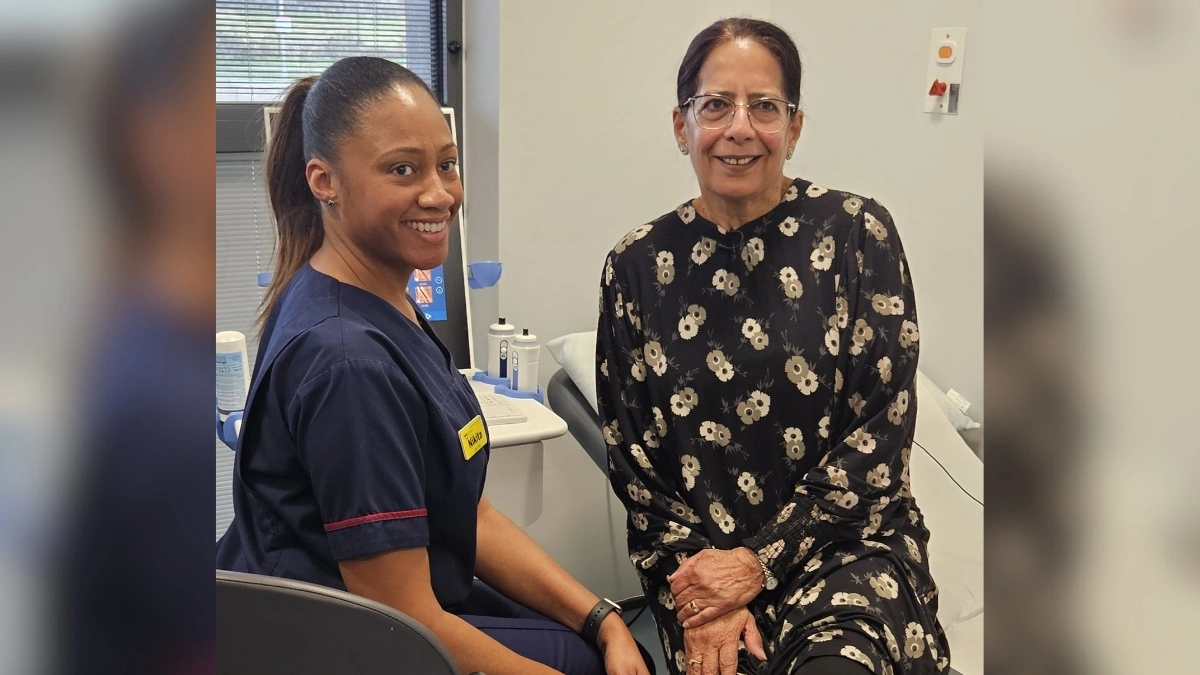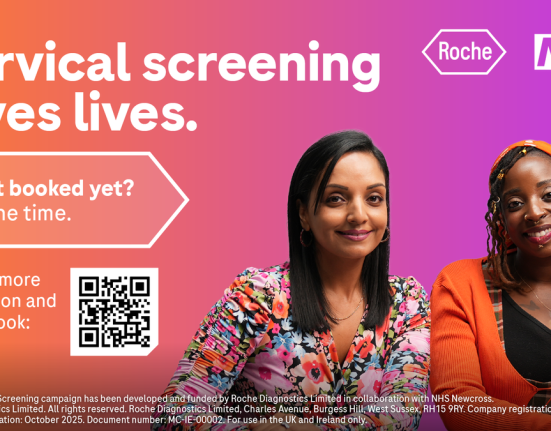Sometimes it’s not the scalpel or the operating theatre that saves a life – but a vial of blood and a lab technician behind the scenes.
University Hospitals Birmingham (UHB) has lifted the lid on its often-overlooked Diagnostic and Laboratory Services in a powerful new campaign that reminds us: the miracle isn’t always in the treatment – it’s in the detection.
With over 85% of diagnoses in the NHS starting with pathology, the unsung heroes in UHB’s labs are not just running tests, they’re rewriting outcomes. Whether it’s spotting HIV early or catching Hep A, the blood test has become the first line of defence in modern medicine.
The campaign, ‘Saving lives one blood test at a time,’ makes invisible work visible. It reminds us that medicine isn’t always glamorous but often methodical and quietly extraordinary.
Dr Steve Taylor, Lead HIV consultant at Birmingham Heartlands Hospital and Clinical Director for the Birmingham Fast Track Cities’ initiative said of the expansion of the programme: “We’ve already observed significant results with just a few locations in the West Midlands and other cities across the UK joining the programme. This initiative will be a transformative development for our city and the entire country.
“Early diagnosis of HIV, hepatitis B, and hepatitis C is vital, as these infections can remain asymptomatic for years, potentially causing substantial damage before any signs appear. Our current medications are lifesaving for HIV and hepatitis B, and we can even cure hepatitis C. Effective treatment of HIV prevents transmission to sexual partners, allows individuals to have children, and enables them to live long, healthy lives. Conversely, late diagnosis of hepatitis B and C is linked to higher rates of severe infections, liver cirrhosis, and liver cancer.”
Behind each tube of blood is a race against time. The right diagnosis, at the right moment, can change everything. From 24/7 blood analysis to cutting-edge biochemistry, UHB’s diagnostics teams are pushing healthcare forward – not with headlines, but with consistency.
In a system often under strain, it’s easy to forget that innovation isn’t always about robots or revolutions. Sometimes it’s about accuracy, speed and the quiet dedication of the people who deliver each patient’s treatment plan.







